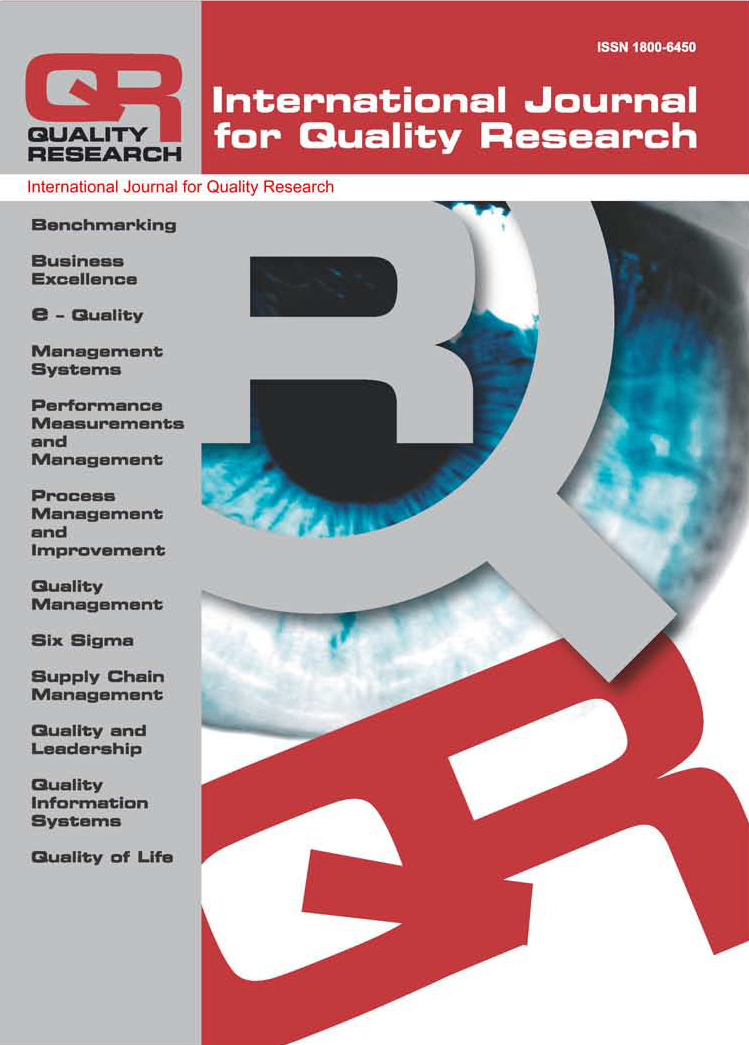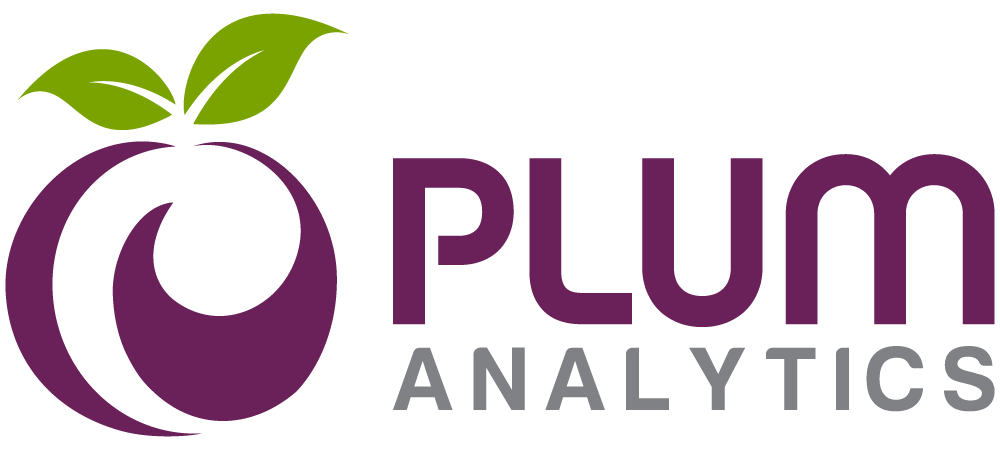NAVIGATING THE NEW NORMAL: QUALITY OF WORK-LIFE BALANCE AND STRESS INFLUENCES ON REMOTE WORK EFFICIENCY AMONG THAI EMPLOYEES DURING COVID-19
Laddawan Someran,
Chanamate Noiang,
Pimviriya Kitsrivichean,
Waiphot Kulachai
Abstract: The COVID-19 pandemic has led to a substantial rise in remote work, underscoring the importance of work-life balance and job stress on employee performance, particularly within Thailand's private sector. This study examines the effects of work-life balance and job stress on the job performance of remote employees in Thailand's private sector during the COVID-19 pandemic. Involving 385 employees from various private companies in Thailand, data were collected through a structured questionnaire and analyzed using Structural Equation Modelling (SEM) with SMART PLS. The analysis showed that work-life balance, in terms of work and family conflicts, significantly increases job stress (β = 0.793, p < 0.001) and directly decreases job performance (β = -0.332, p = 0.002). However, job stress did not have a significant impact on job performance (β = 0.021, p = 0.565). The results indicate that work-life balance, particularly work and family conflicts, significantly elevates job stress and directly reduces job performance among remote workers in Thailand's private sector during the COVID-19 pandemic. Despite the increase in job stress, it does not significantly affect job performance, emphasizing the need for interventions to effectively manage work-family conflicts to improve employee well-being and productivity.
Keywords: COVID-19, Job stress, Job performance, Work-from-home work-life balance
DOI: 10.24874/IJQR19.02-19
Recieved: 16.08.2024 Accepted: 19.02.2025 UDC:
Reads: 38 







